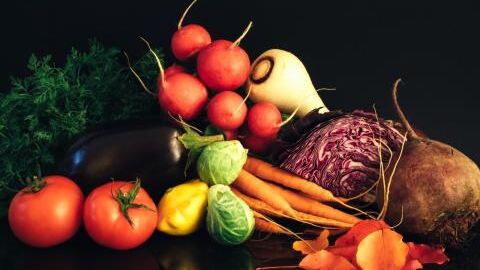The patient groups with gluten intolerance are divided into three categories in medicine: Allergic, Intolerant, and Hypersensitive. The protein known as gluten is naturally present in some cereals. It gives bread and cakes volume and elasticity, but it is often hard to digest for some people. Products without gluten, however, can also cause problems.
Discover our latest podcast
1. The pure gluten allergy
It is rather rare, but easy to diagnose. In fact, the allergic reaction occurs immediately after the consumption of a product containing gluten. It manifests itself in respiratory and/or digestive problems and can even cause edema.
Read more:5 surprising foods you didn't know had gluten
2. Gluten intolerance
It is also known as celiac disease. It is very difficult to detect because it can break out at any time of life. It can also be very dangerous because it can destroy the wall of the small intestine if the patient does not follow a gluten-free diet for life. So take care of yourselves!
3. Hypersensitivity to gluten
It includes patients who were tested because they had symptoms of celiac disease without the doctors being able to detect antibodies that are characteristic of gluten intolerance. These people react much faster to gluten than intolerant people. Therefore, few scientific studies have examined them. Nevertheless, it is these people who most often follow a 'gluten-free' diet.
Read more:3 signs that your bloating is not normal
Symptoms that should alert you
According to the French health insurance portal Ameli, there are different types of symptoms :
Weight loss and/or growth retardation (short stature in relation to age), cronic fatigue or irritability, anemia due to iron deficiency, delay in triggering puberty, amenorrhea, recurrent aphthae, dermatitis herpetiformis (skin manifestation of reaction to gluten that causes itching and flare-ups of blisters grouped in clusters), constipation, or diarrhea.
Read more:New study disputes popular belly fat burning recommendation
This article has been translated from Gentside DE.
Source used:
Ameli: Les symptômes, le diagnostic et l'évolution de l'intolérance au gluten















